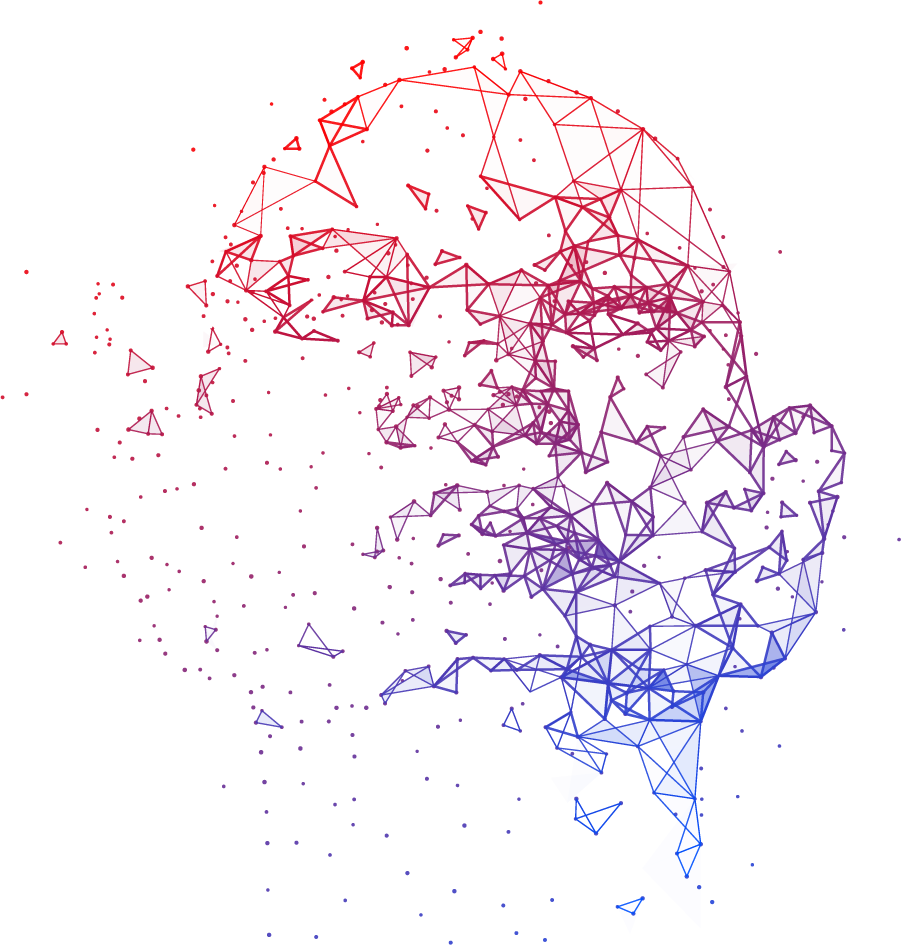XTRACTIS FOR ADAS & AUTONOMOUS VEHICLE
Emergency Detection for an Automatic Braking Assist
Benchmark vs. Random Forest, Boosted Tree & Neural Network
Identify the car parameters involved in the driving situation diagnosis and enhance technical knowledge by helping engineers understand the causal relationships between specific parameters, their combination, and the occurrence of an emergency.
Help engineers design reliable intelligible autonomous vehicles that assist the driver efficiently according to their driving style. Intelligible means that the internal decision logic of the decision system is explicit.
Enforce the use of stable and transparent models audited by the domain expert and certified by the regulator before embedding them in the vehicle.
Challenge XTRACTIS to find better models than those we initially crafted “by hand”.
- The top-model is a decision system composed of 25 gradual rules without chaining, aggregated into 2 disjonctive fuzzy rules.
- Each rule uses from 2 to 6 predictors among the 11 variables that XTRACTIS identified as significant (out of the 17 potential predictors characterizing driving situations).
- Only a few rules are triggered at a time to compute the decision.
It has a perfect Real Performance (on unknown data).
It computes real-time predictions up to 70,000 decisions/second, offline or online (API).

LoR=Logistic Regression
RFo=Random Forest
BT=Boosted Tree
NN=Neural Network
Detailed results and explanations in full document
Use Case 2024/03 (v2.1)
Powered by XTRACTIS® REVEAL v11.3.40047 (2021/11)
CONTENTS
- Problem Definition
- XTRACTIS-induced Decision System
- XTRACTIS Process
- Top-Model Induction
- Explained Predictions for 3 unkown cases
- Top-Models Benchmark
- Appendices




